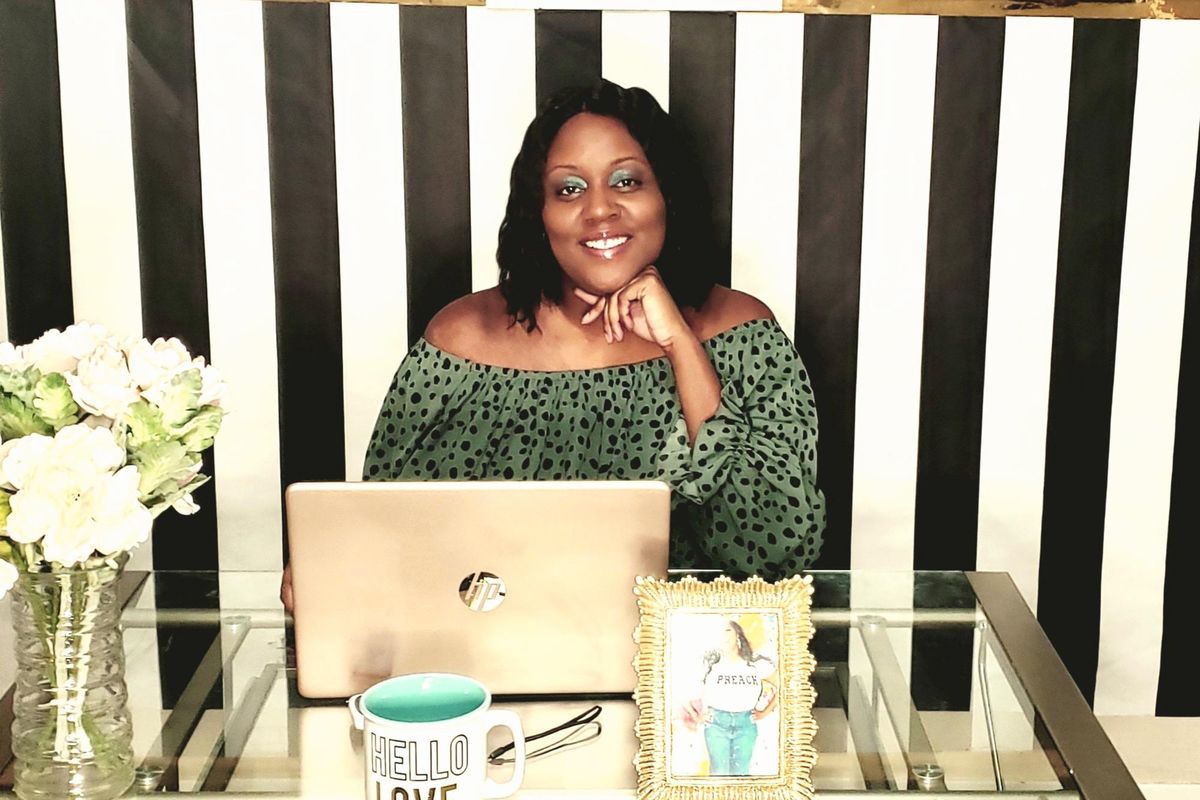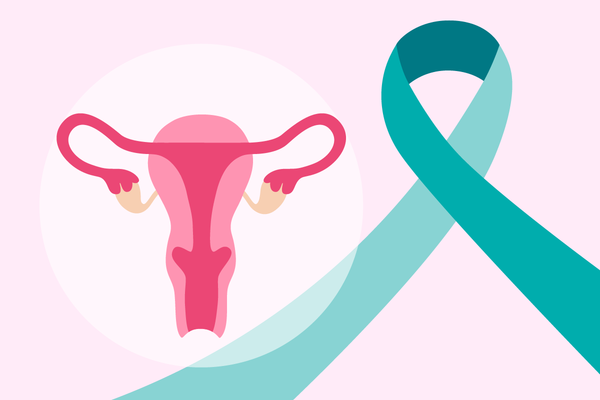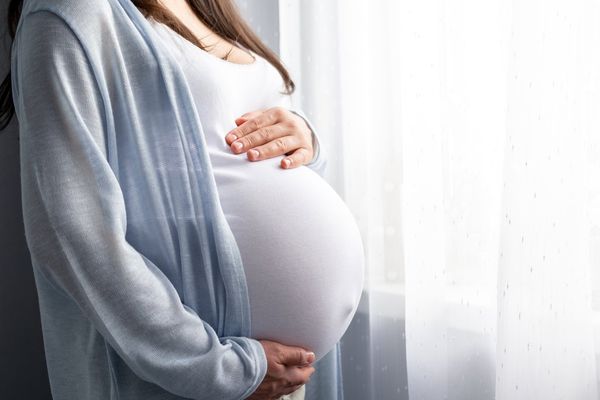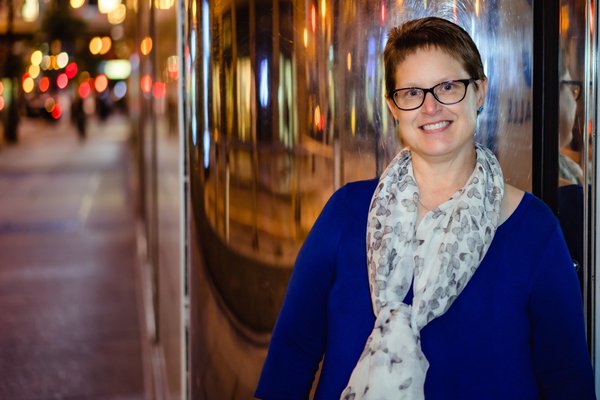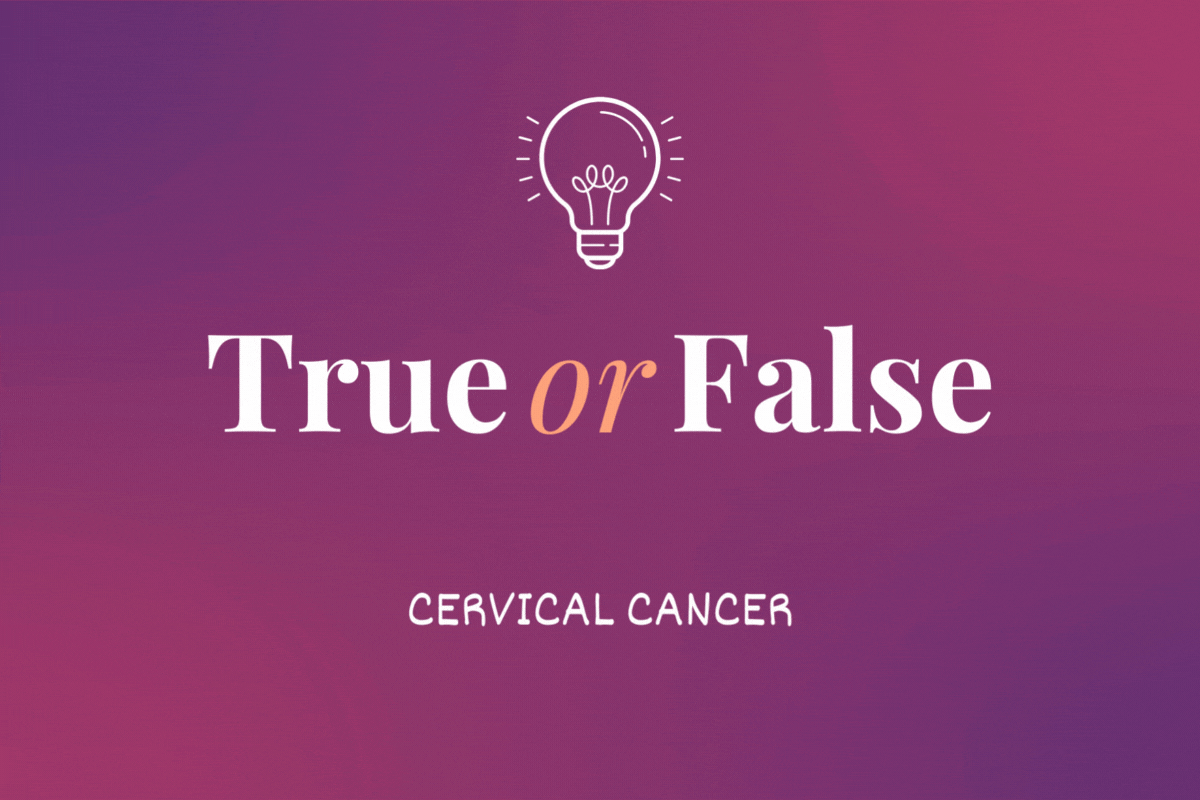As told to Fortesa Latifi
I know my body, and I know when something's wrong — even when doctors don't believe me. My period pain had been dismissed my entire life, but after watching my close friend die of cancer, I knew I could no longer afford to be quiet.
Last year, I had a few irregular menstrual cycles in a row, and I went to see several doctors. None of them found a cause for my increasingly painful periods. But I knew there had to be an answer, and I knew I had to push deeper to find it. My close friend for more than a decade, Tiffany, had recently passed away after not being diagnosed with cancer until it was stage 4, past the point of much hope. After seeing her struggles, I knew I had to fight for myself. If she had taught me anything, it was this. I couldn't let what happened to her happen to me.
Tiffany was diagnosed almost accidentally. After she pressed her doctors to find out what was going on inside her body, her care team stumbled upon her diagnosis. What they initially thought were hemorrhoids turned out to be a clue to her actual diagnosis: colon cancer. Tiffany was a nurse, and she knew how to dig deeper and press her doctors. But still, in March 2020, she ended up dying from a cancer that was diagnosed too late.
It was devastating to watch what Tiffany went through and it became clear to me that healthcare providers (HCPs) need to listen to their patients when they tell them something is wrong. Tiffany had to press and press her doctors, and it was still not enough. I tell people all the time that if it weren't for her, I probably wouldn't have learned my own diagnosis. I credit my life to being saved by her fight.
Initially, my doctors were sure I didn't have cancer. They said that point-blank, but I still urged them to do more testing. After many tests and scans, they concluded I had adenomyosis, a condition that occurs when the inner lining of the uterus grows into the wall of the uterus. I also had a Pap test and an HPV test. They showed that I had HPV and abnormal cells in my cervix. So, the next step was a hysterectomy, but I insisted that I wanted to have a thorough biopsy before undergoing such extensive surgery. Through my advocating for myself, I was able to secure two biopsies before the hysterectomy. And those biopsies uncovered my cervical cancer.
I was distraught. I'd just lost Tiffany months before my own diagnosis. I sank into a level of depression I'd never before experienced. I'd watched many people in my life battle cancer: my aunt, who died from breast cancer; my husband's grandfather; my uncle; and another close friend who beat cervical cancer only to then have breast cancer twice. I remember thinking, "Everyone I know who's had cancer either died from it or had a recurrence. Why would I be any different? Why would I be the one to survive?"
I was still grieving Tiffany. I was still trying to wrap my mind around the fact that she was gone. She died right before Covid-19 hit, so not only was I grieving my friend but I was trying to adjust to life in a pandemic and then my own diagnosis was thrown in on top of that. It was overwhelming.
Everything I did during my journey was influenced by the experiences of my loved ones. I took notes at every doctor's appointment. I made sure I asked questions and did my own research.
I almost can't believe it, but I'm healthy and cancer-free now. After chemotherapy and radiation, my cancer was gone and my follow-up scans are coming back clear. I feel like I'm back to my old self. That's hard for me to say because it feels so unreal. I never imagined I would make it through this. But I did, and I owe so much of my survival to Tiffany.
If I could talk to other women who are facing health issues, I would tell them to be aware of their body and their health. If you think something is wrong, no matter how small it may seem, go see your HCP. Nothing is too small to mention. Do your research. Make sure you find HCPs who are specialists to help you. Keep track of everything — medications, therapies — that you try. Be open. Be vocal. Be loud about what's going on with you. Don't just accept whatever they say, especially when you feel like it's not a solution to your problem.
Your pain is not just something you have to deal with. You deserve a diagnosis.
- Ridding the World of Cervical Cancer - HealthyWomen ›
- Cervical Cancer Screening Can Save Your Life - HealthyWomen ›
- The Importance of Cervical Cancer Screening During COVID-19 and ... ›
- 9 Warning Signs of Cervical Cancer You Shouldn't Ignore ... ›
- Cervical Cancer - HealthyWomen ›

